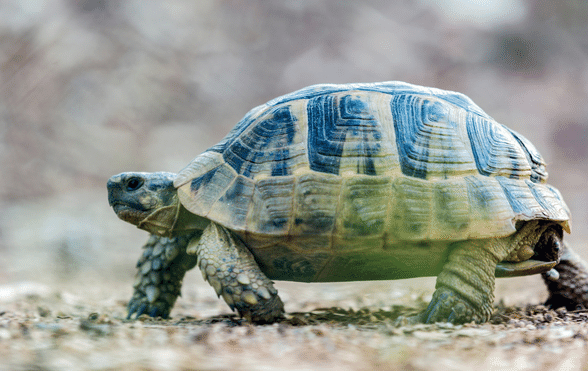Owning a tortoise can be a lifelong joy… but it doesn’t have to be a lifelong financial burden.
With the cost of living on the rise, these tips can make a big difference, especially when you’re caring for a pet that might live for decades.
Let’s explore practical ways to save money as a tortoise owner.
Jump to:
Don’t cut corners on heat or lighting
Pick weeds and feed for free
Reusable bedding
Buy ‘wonky’ or loose fruit & veg
Only buy what you’ll eat
Shop second-hand
Store food properly
Consider insurance for long-term savings
Don’t cut corners on heat or lighting
Before we dive in, some things are non-negotiable.
Most tortoise species need a UVB light and heat lamp to stay healthy. Skimping here can lead to serious health problems like metabolic bone disease.
Need help setting up? Our tortoise setup guide has everything you need to know.
When in doubt, speak with your vet.
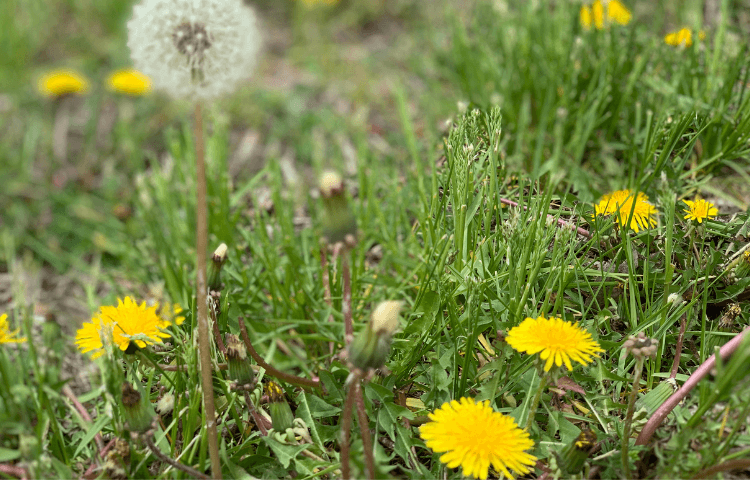
1. Pick weeds and feed for free
Tortoises love weeds, and your garden might be full of them!
Dandelions are a popular, safe, and free food source for tortoises. They can be fed a couple of times a week and are easy to grow yourself. Consider dedicating a patch of your garden to tortoise-friendly weeds.
Top tips:
- Only pick weeds from areas free from pesticides, herbicides, or pet waste.
- Ask neighbours or friends if they’ve got any to spare, chances are they’ll be glad to give them away.
- Wash everything thoroughly before feeding.
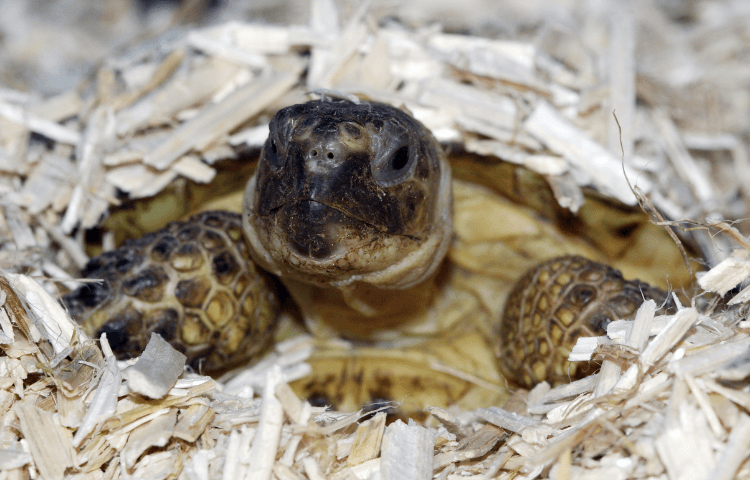
2. Use reusable bedding
Tortoises don’t need their bedding changed as often as other pets. With regular spot cleaning, you can make substrate last longer. Some substrates like mulch, sphagnum moss, and wood chips can be reused. While you’re cleaning, give your tortoise some supervised grazing time outdoors in a safe, enclosed area. Take a look at our blog keeping tortoises outside for more information.
Just:
- Remove any heavily soiled parts and droppings.
- Boil the substrate to disinfect it.
- Dry it fully before reuse.
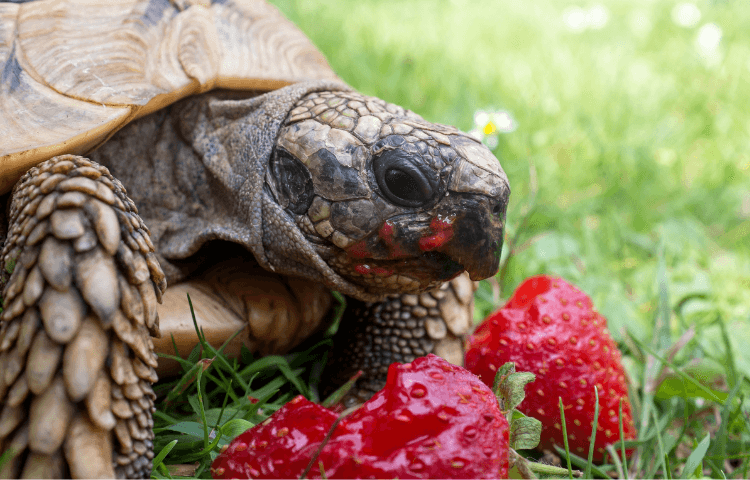
3. Buy ‘wonky’ or loose fruit & veg
If your tortoise’s diet includes fruits and vegetables, opt for wonky produce. These less-than-perfect items are often sold at a lower price and taste just the same. Remember, some tortoises only need fruit in moderation, so avoid overbuying.
Ways to save:
- Shop at supermarkets or greengrocers that offer loose items.
- Choose stores where you can buy small quantities.
- Stick to seasonal produce as it’s often cheaper and fresher.
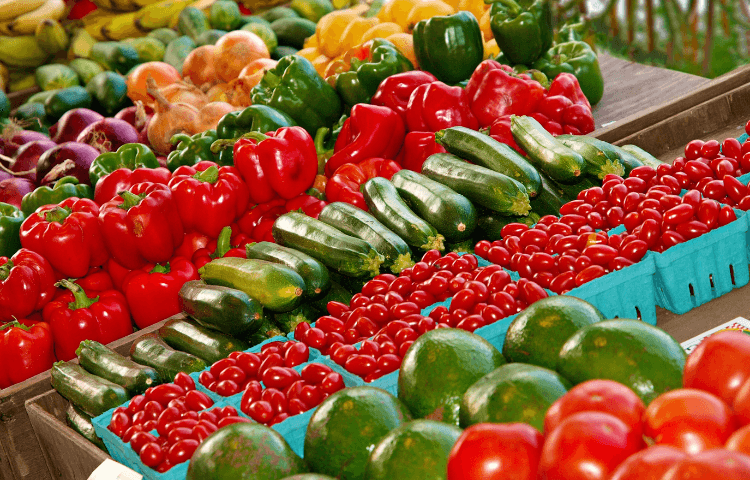
4. Only buy what you’ll eat too
To avoid waste, choose fruits and veggies that both you and your tortoise enjoy.
Supermarkets often sell items like blueberries or peppers in larger packs. If your tort only eats a small amount, you might end up throwing the rest away unless you like them too!
Double-duty shopping can save money and reduce waste.
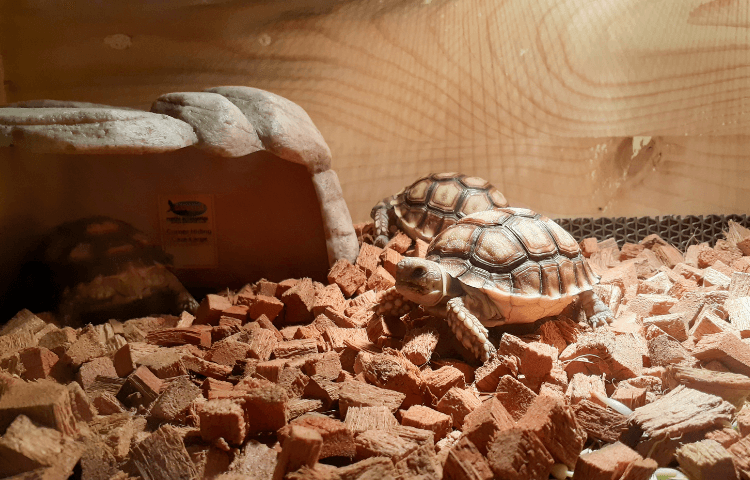
5. Shop second-hand (safely)
Some items like vivarium’s, tortoise tables, or enclosures can be bought second-hand, often for a fraction of the price. Never buy second-hand heating or lighting equipment, as these are critical for your tortoise’s health. Always follow safety guidelines when buying used items.
You can find these on:
- Reptile forums
- Facebook Marketplace
- Local pet groups
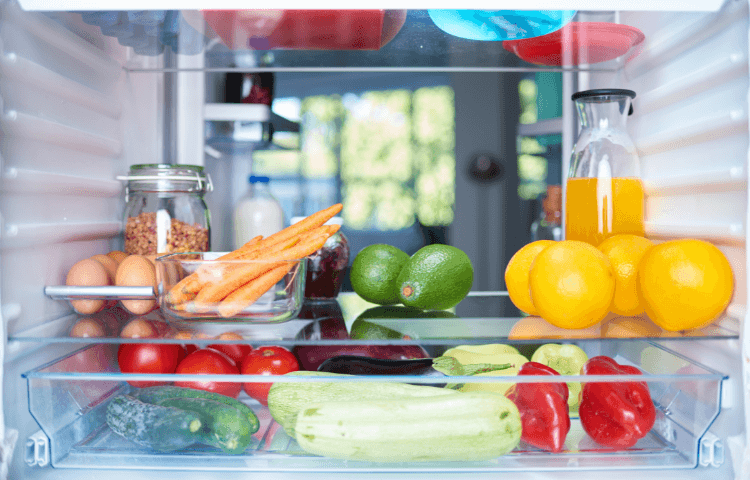
6. Store food properly
Nothing’s worse than opening the fridge to find your raspberries have gone off. Fruits like apples will brown quickly once cut, and won’t be as nutritious for your tortoise.
To keep food fresher for longer:
- Learn how each fruit or veg is best stored as some prefer the fridge, others a dark cupboard.
- Keep tomatoes on a sunny windowsill to ripen.
- Don’t pre-chop food until you need it as cut fruit spoils faster and loses nutrients.
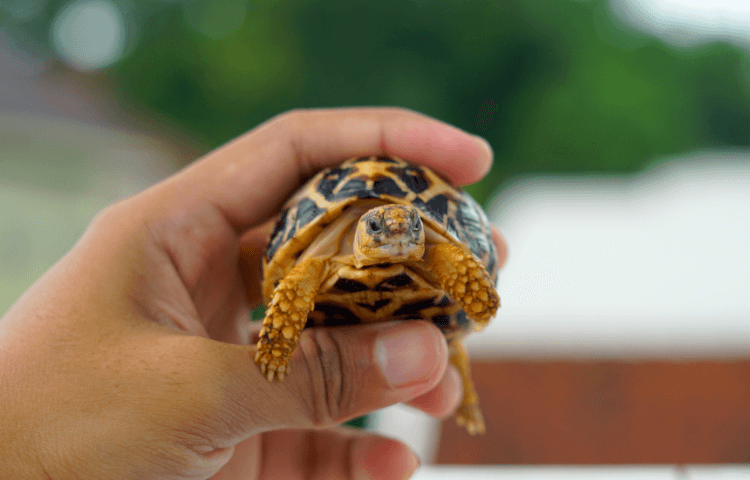
Consider insurance for long-term savings
With a life span that can rival a human’s, it’s likely your tortoise will need vet care at some point.
Tortoise insurance helps cover unexpected veterinary bills. Like any policy, it’s important to read the terms and conditions carefully so you know what’s covered.
You can get a quote on our website or call us on 0333 110 0141 to talk to one of the team.
Final thoughts
Tortoises make wonderful, lifelong companions. With a little planning and smart shopping, you can give them the best care without breaking the bank.
If you ever have questions about your tortoise’s diet, housing, or healthcare, your vet is always your best resource.

